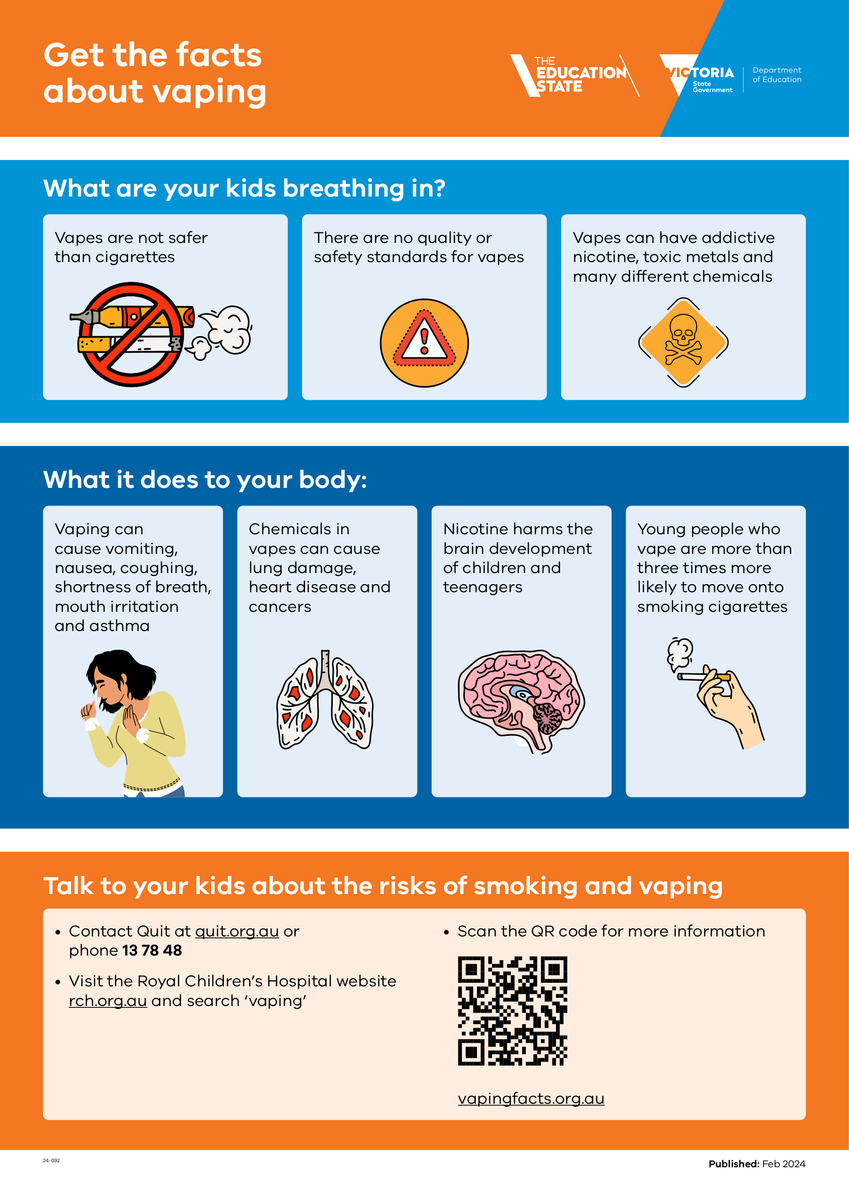Brigidine Campus Update

Engaging in Learning
As I wander around the campus it is always interesting to note the different levels of engagement with learning happening in the classroom. There are many learning activities that get students to apply their knowledge which helps to deepen understanding and make connections with prior knowledge and across subject areas. If a person can explain to you what they have learnt and can teach it to someone else, it usually means they have a greater understanding of what they are learning. There are times, however, where students are disengaged: they come to class late, are not prepared for learning and display behaviours that interrupt the teaching and learning process. These are the behaviours we are working hard to address with students. If there is a consistent pattern of disengagement from the classroom, displayed as poor or disruptive behaviour, then students will be asked to make up the time, either at lunchtime or after school.
We hope that when students are asked “What did you learn today?” you don’t get the often given response of “nothing”. To build engagement and strengthen learning, perhaps we can rephrase the question to ask “Teach me something that you learnt today.” This might create a richer conversation about what is happening at school. Another great question to ask is “Who were you kind to today?”
Year 9 students are in the depths of their Term 2 topics, laying the foundations for their next round of assessment tasks. Year 10s and 11s are consolidating their learning alongside preparing for exams. And, Year 12s are continually cycling through SACs across all subjects. These can be busy times, but with an organised approach they don’t need to be stressful. The key is to start preparing now. Stress comes when we leave work to the last minute. Our brains go into overload.
In the Learning Mentor lesson, students have been learning about perseverance with learning. Hard work and consistent effort is required; we don’t become experts after one attempt. They are also looking at ways to reduce exam stress. Some of the key messages are:
- Start your revision early. Prepare now. Do small bits often rather than lots at once.
- When you start early, you give your brain time to forget, relearn and strengthen neural pathways, and then forget less. Each time students use the information being learnt they will forget less.
- Use a study planner to help with organisation.
- Ask for feedback on areas you are unsure about, or for questions you got wrong/struggled with.
- When completing practice questions, SACs or exams - Do your first one “open book/open time”. This means use your study notes and work through what makes a good answer. Do the second one “closed book/open time”. This helps to identify what you can recall and the areas that need further revision. Do the third one “closed book/closed time”. This helps students to work at a pace required for the test, SAC or exam.
- On the day of the exam: relax, do some centred breathing if that helps and go into the exam confident in giving it your best effort. Stress simply shuts down the neural pathways so aim to be calm and relaxed.
Vaping - on the rise again
It appears that despite the laws making it illegal to purchase vapes and the well known harms associated with vaping, we are starting to see an increase in the use of vapes within our school community. We have received reports from members of the public that students are vaping outside of school while still in school uniform. Firstly, we would hope that our students know better than to vape in the first place, and secondly, that they understand how this might reflect on our College.
It is imperative that students educate themselves about the harms of vaping (they are significantly more addictive than cigarettes) and develop the strategies to quit this habit, or not take it up in the first place.
Our College rules state that vaping on school grounds will not be tolerated and because this is also illegal, students will be suspended. They will also be required to undertake a number of lessons going through the laws and harms of vaping, which will usually happen after school.
If you would like to learn more about the harms of vaping and strategies for discussing this issue with young people, I would encourage you to check out the following resources.
We are hoping that students are making good choices; with their learning and with their health.
Thanks,
Geraldine Ryan
Brigidine Campus Director

